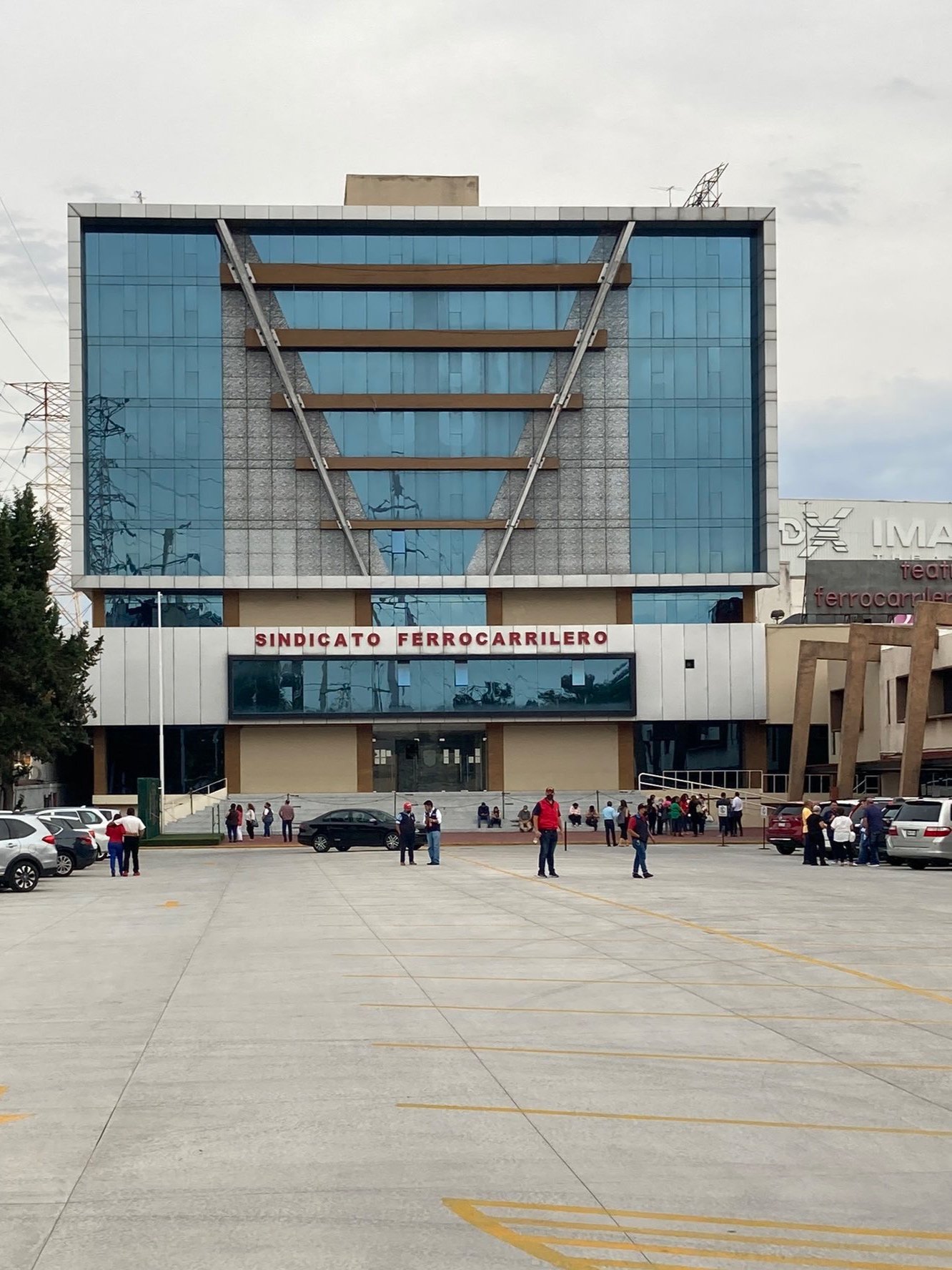3 geniuses for an iconic Mexican song.
José José “El triste” (The sad one)
José José
Music in Mexico is not only mariachi, which although it is iconic and spectacular , Mexico has many other musical genres, with great artists, therefore I give myself the task of writing about one of the most iconic interpretations in Mexican popular music, I refer to the song of “El Triste”.
In Mexico in 1969 and 1970 was held the Latin Song Festival, a musical contest where each of the countries belonging to the Ibero-American Television Organization (OTI) participated with a song, similar to Eurovision, the festival in Mexico was heir to a cultural Olympics, where Mexico City was positioned as a cultural leader in the Spanish-speaking countries, the eyes were in Mexico City since in 1968 took place the Sports Olympics, which were one of the best sporting, cultural and technological events in the world.
Mexico has a great musical tradition so this art was very much in demand by the citizens and tourists that visited Mexico City in those years. It was a modern city that offered artistic venues of great design for the execution of musical, theatrical and cinematographic concerts.
It was at the Teatro Ferrocarrilero in the north of Mexico City where the OTI festival was being held for the second time, the young singer José José took the stage on March 15, 1970 and left his mark on the hearts of Mexico City's citizens.
Teatro Ferrocarrilero
For this interpretation to happen 3 geniuses of music had to work, of course the singer José José with a unique voice, with which he reached very difficult registers, although he already had two albums recorded, his career would take off with this interpretation, a composer was also needed, Roberto Cantoral who composed the song “El Triste” when he was returning to Mexico by plane, to attend the funeral of his mother, to whom it was dedicated, the song talks about an immense sadness that a person feels as a result of the loss of a loved one and last but not least the orchestra conductor José Sabre Marroquín, outstanding musician who spent years playing jazz, classical music, had experience in making soundtracks for movies, besides he was one of the founders of the OTI festival, so he knew about musical experimentation, in this particular piece he uses solemn tonalities with an orchestra giving the sensation of dramatism, but he puts it together with a romantic bolero and he is absolutely right, the lyrics are about the loss of a very close loved one, it is really amazing how the instrumentalization of the song makes the voice have even more impact on the audience.
Together they offer us an iconic, unforgettable piece of music that lives in the hearts of Mexicans no matter the generation, this song is usually sung at the end of a reunion, when with enough Mezcal we get nostalgic and sing exactly like José José or at least that's what we think
The song was recorded in studio a couple of times, but it would never sound like in the festival, in José José's concerts he sang it to close the concert, it has been interpreted by many Spanish speaking artists, but none has been successful, comparisons always come out, fortunately we can enjoy it on YouTube, I leave the link for you to listen to it, as it is a recording of the 70s, it has an interesting feeling, the color and sound are not the best, but in my opinion it gives it a touch of authenticity.
Something interesting is that in that contest, as wonderful as José José's interpretation was, it was in third place, the first place went to the Brazilian Cláudya Oliveira with “Canción de amor y paz” and in second place to the Venezuelan Mirla Castellano with the song “Con los brazos cruzados”, the reaction of the public was of surprise since the Mexican had taken the ovations, they even threw flowers at him, they all stood up, the judges were left with their mouths open, literally, for this reason it is suspected of a fix by the judges, well in the end José José José entered the stage as an interpreter and left as a legend, over the years and a long artistic career would be considered “El Principe de la Canción” (the prince of the song), even the great American singer Frank Sinatra was going to see him in Las Vegas, José José José died in 2019 after a battle with cancer, but his legacy continues.




